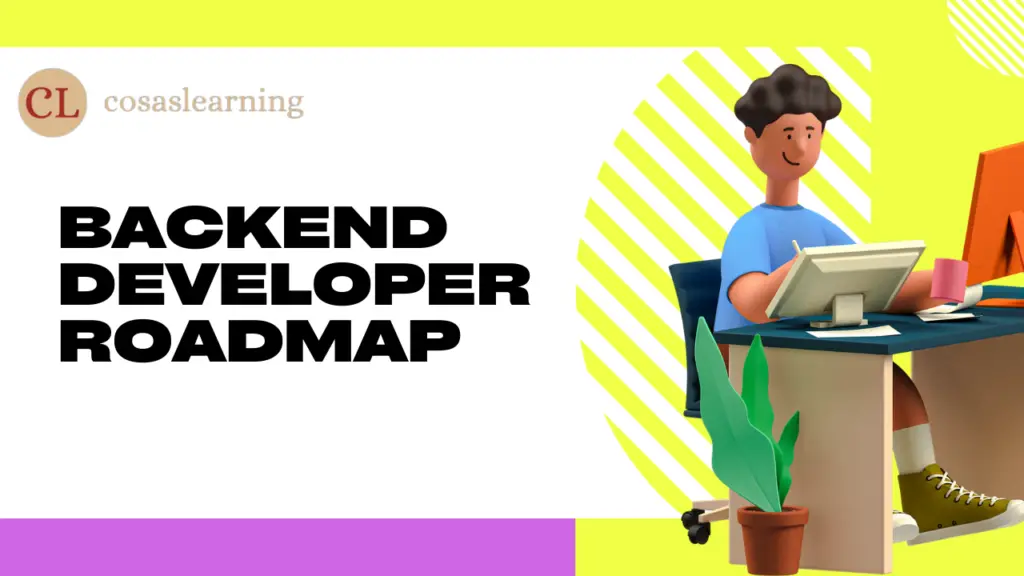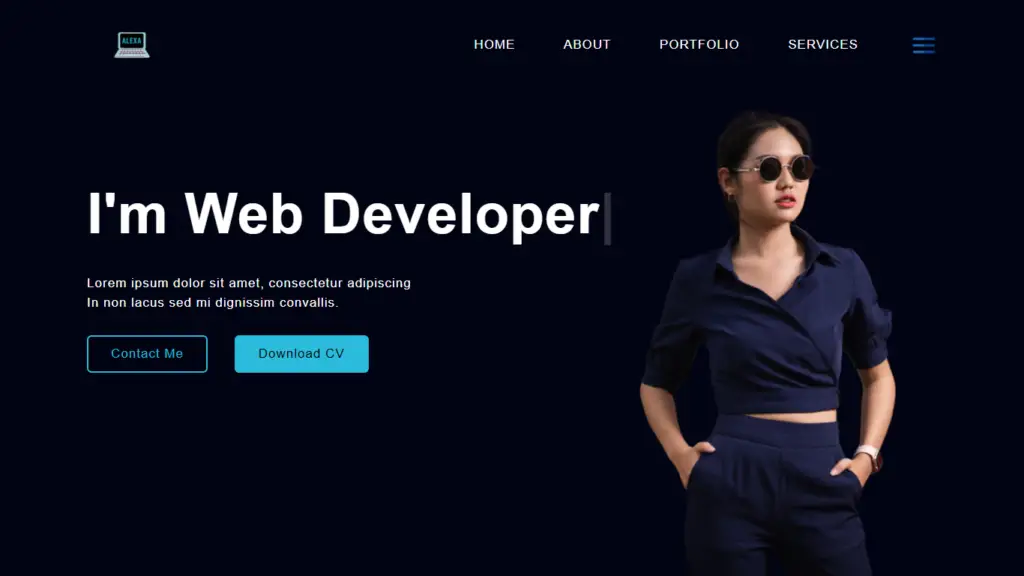Are you curious about starting a job as a backend developer? Whether you enjoy coding as a hobby or are considering a career change, this article will give you a clear guide to becoming a prosperous backend developer. From essential skills to learning resources, we’ll cover everything you need to know to embark on this exciting journey.
Introduction
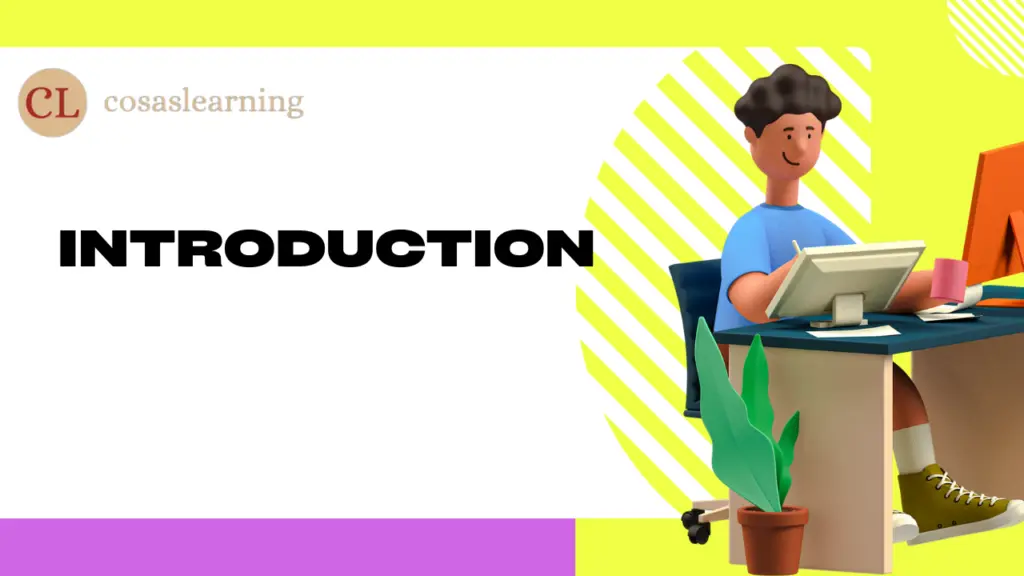
Backend development forms the backbone of websites and web applications. It involves creating and maintaining the server-side of software, managing databases, and ensuring the smooth functioning of websites. Backend developers work closely with frontend developers and focus on the server-side logic, databases, and APIs that power web applications.
In this article, we will discuss the important abilities, paths for learning, tools, and resources needed to achieve success as a backend developer. Whether you are starting fresh or already have some coding knowledge, this guide will lead you through every stage of your adventure.
What is Backend Development?
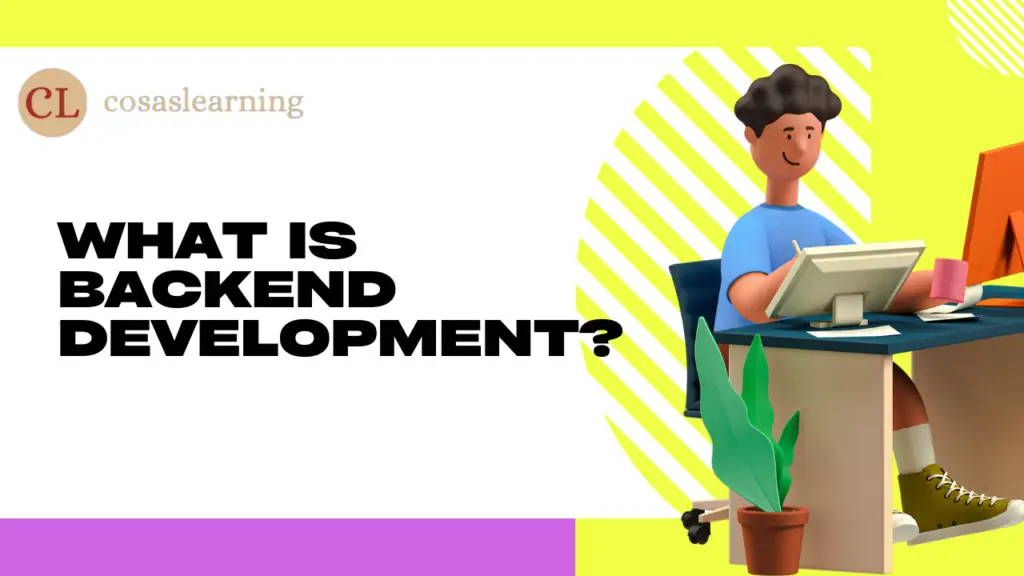
Backend development involves creating and managing the server-side parts of web applications. This means writing code that runs on the server, interacts with databases, and generates responses for the client-side. Backend developers utilize different programming languages, frameworks, and tools to build strong, secure, and scalable web applications.
Required Skills for Backend Developers
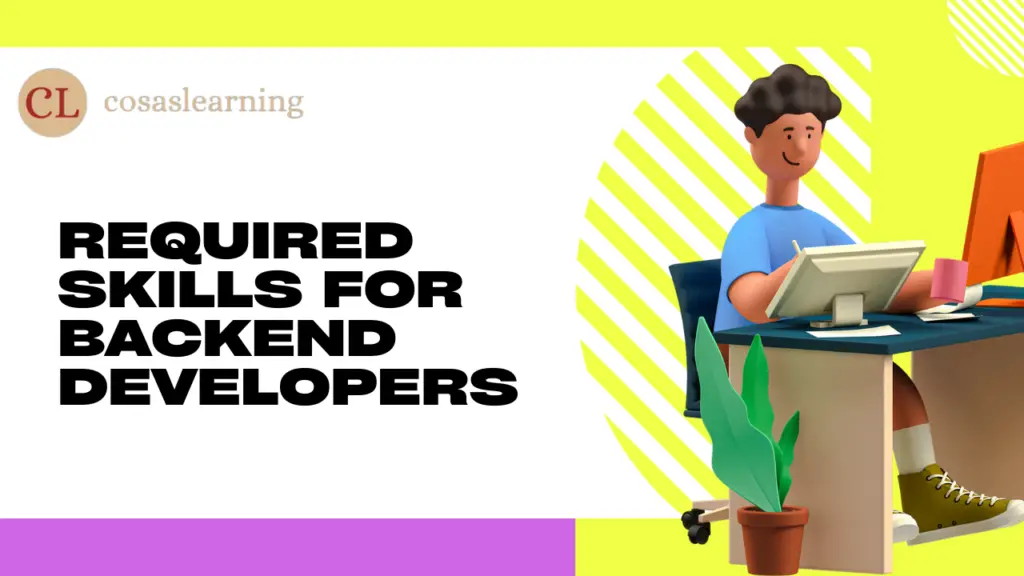
To excel as a backend developer, you need to acquire several key skills. Let’s explore them in detail:
Programming Languages
Backend developers need to have good skills in programming languages like Python, Ruby, Java, or Node.js. These languages allow developers to handle server-side logic efficiently and work with popular frameworks and libraries.
Databases
Understanding databases is crucial for backend developers. It’s important for you to have knowledge of relational databases such as MySQL or PostgreSQL, as well as NoSQL databases like MongoDB or Redis. Knowledge of database management systems and querying languages such as SQL is essential for storing and retrieving data.
Web Development Frameworks
Backend developers depend on web development frameworks like Django, Ruby on Rails, or Express.js to make development more efficient and create web applications that can handle a large number of users. These frameworks provide libraries, tools, and conventions that simplify common development tasks.
Version Control Systems
Proficiency in version control systems like Git is vital for backend developers. Version control enables you to keep track of changes in your code, work together with other developers, and effortlessly go back to earlier versions if necessary.
Learning Backend Development Step by Step
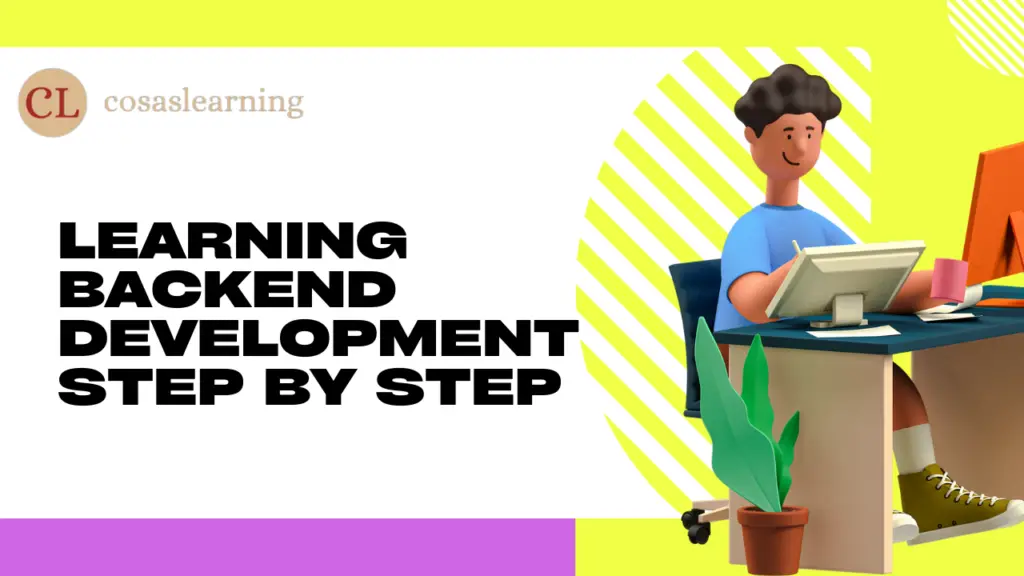
Becoming a backend developer requires a systematic learning approach. Let’s break it down into essential steps:
Learning the Fundamentals of Programming
Start by mastering the fundamentals of programming. Learn core concepts like variables, control structures, loops, functions, and object-oriented programming.
Python or JavaScript are excellent programming languages to begin with.
Understanding Databases and SQL
Gain a solid understanding of databases and SQL. Learn how to design and create databases, write efficient queries, and manage data effectively. Practice working with both relational and NoSQL databases.
Exploring Backend Development Frameworks
Once you have a strong foundation in programming and databases, explore popular backend development frameworks. Choose one that aligns with your preferred programming language and learn its key concepts, tools, and best practices.
Mastering Version Control Systems
Familiarize yourself with version control systems like Git. Acquire the skills to create repositories, handle branches, make commits, and collaborate efficiently with other developers by using platforms like GitHub or GitLab.
Essential Tools and Technologies for Backend Developers
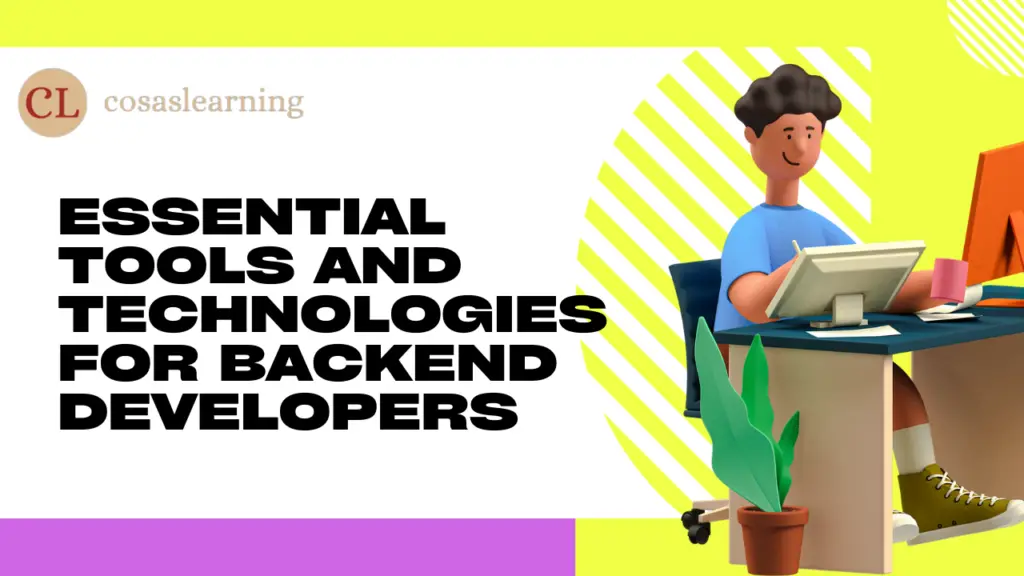
As a backend developer, you’ll work with various tools and technologies. Here are a few essential ones:
Integrated Development Environments (IDEs)
IDEs like Visual Studio Code, PyCharm, or IntelliJ IDEA provide a feature-rich environment for writing code, debugging, and managing projects. Choose an IDE that supports your preferred programming language and enhances your productivity.
Testing and Debugging Tools
Backend developers rely on testing and debugging tools to ensure the reliability and performance of their code. Familiarize yourself with tools like pytest, JUnit, or Mocha for testing and debugging purposes.
Deployment and Hosting Platforms
Backend developers need to deploy their applications to production environments. Explore deployment and hosting platforms like Heroku, AWS, or Google Cloud Platform to understand how to deploy and scale your applications effectively.
Building Projects and Gaining Practical Experience
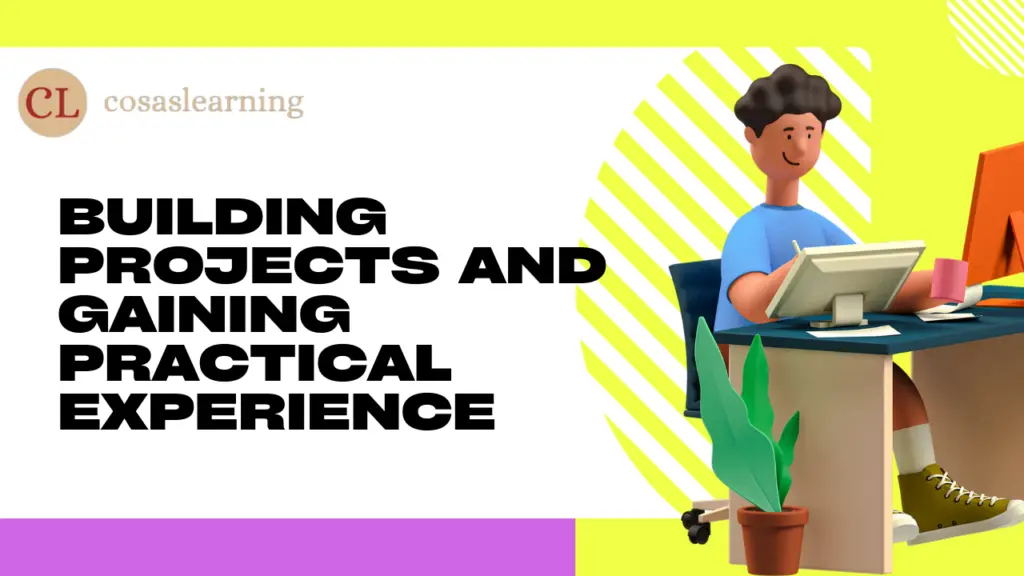
Building real-world projects is crucial for gaining practical experience as a backend developer. Consider the following avenues:
Personal Projects
Undertake personal projects to apply your knowledge and build a portfolio. Develop small web applications, APIs, or automation scripts. This not only demonstrates your skills to potential employers but also deepens your understanding of backend development.
Contributing to Open-Source Projects
Contribute to open-source projects on platforms like GitHub. It allows you to collaborate with experienced developers, contribute to real-world projects, and showcase your abilities.
Freelancing and Internship Opportunities
Seek freelancing or internship opportunities to gain hands-on experience. These engagements provide valuable learning experiences and networking opportunities in the industry.
Keeping Up with Industry Trends

Backend development is a rapidly evolving field. To stay ahead, focus on continuous learning and active engagement within the developer community:
Continuous Learning
Stay updated with the latest backend development trends, frameworks, and technologies. Follow industry blogs, participate in online courses, attend webinars, and join relevant communities to expand your knowledge.
Engaging with the Developer Community
Engage with the developer community through forums, social media platforms, and developer conferences. Network with professionals, seek advice, and share your insights. Collaboration and knowledge sharing are essential for growth.
Conclusion

Becoming a backend developer requires dedication, continuous learning, and practical experience. By following this guide and acquiring the essential skills, you will be on the right path towards a prosperous career in backend development.
FAQs
Click Here : To Show Your Support! 😍

